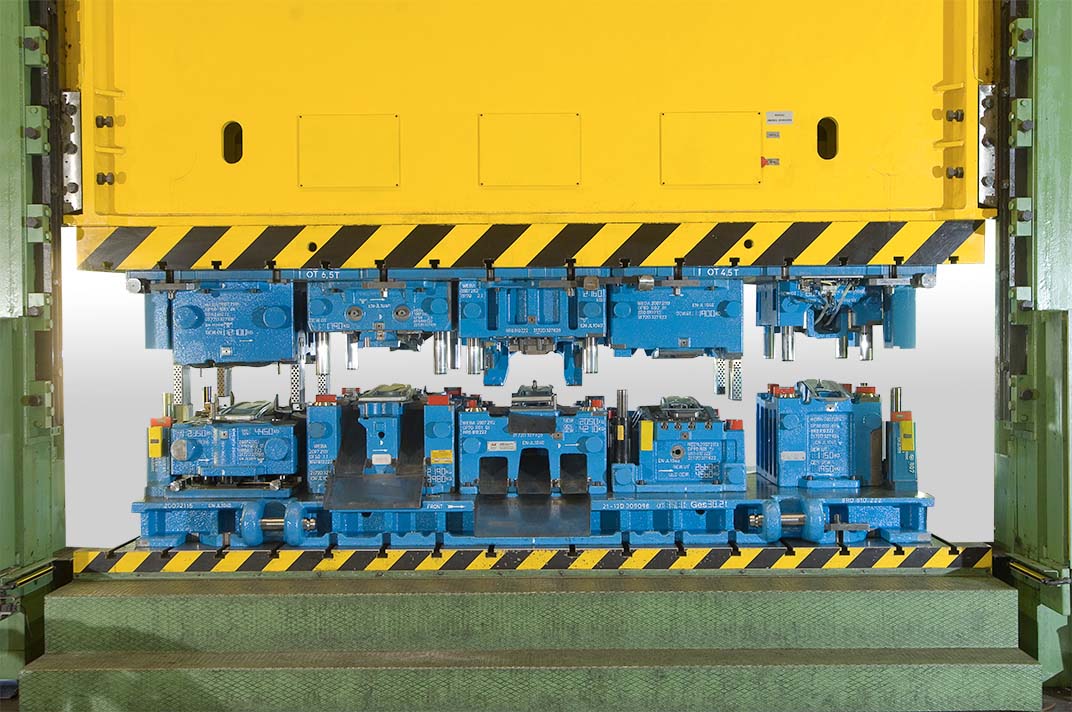In a promising collaboration with the esteemed Technical University of Graz, the Steyr-based tooling company weba is currently developing a groundbreaking process for the production of B-pillars from ultra-high-strength material. This innovative tooling concept, which initially produces prototypes from martensitic steel MSW 1200, could not only lead to weight reduction but also a significant improvement in vehicle crash safety. Initial discussions with OEMs for serial application have already taken place, indicating great interest and potential in the automotive industry.
Herbert Danzinger, CEO of weba, emphasizes the importance of research and development in this area and states, "As a technology leader in the field of tools for ultra-high-strength materials, we see research and development in this area as a commitment."
Modern body construction requires seamless integration of materials, design, and manufacturing to achieve an optimal balance of functionality and lightweight construction. In close cooperation with TU Graz, the development of the B-pillar in terms of its composition and strength has been advanced. A previous problem in manufacturing, namely cracks in the material, is successfully addressed by the novel tooling concept for material forming. The high requirements for strength and elongation at break, demanded by B-pillars, can be met through components with high-strength properties. This groundbreaking project is also supported by the Austrian Research Promotion Agency (FFG), and weba has already filed a patent for the concept.
The B-pillar, which connects the vehicle floor to the roof, plays a crucial role in stabilizing the passenger compartment against vertical deformation during a side crash. The main goal of this new manufacturing process is the flawless and crack-free production of components made from ultra-high-strength sheets that simultaneously meet the demands for strength, rigidity, and elongation at break. In addition to increased safety, fuel savings due to weight reduction are also an important factor that excites the automotive industry.
The collaboration between weba and TU Graz promises not only technological advancements but also a promising future for lightweight construction in the automotive industry. This innovative tooling manufacturing process for B-pillars could make a significant contribution to improving the safety and efficiency of vehicles, taking the industry to a new level.
